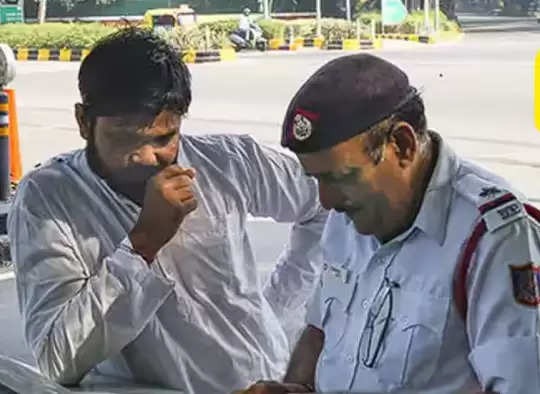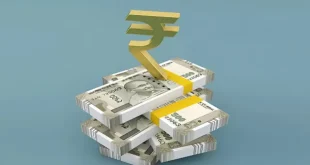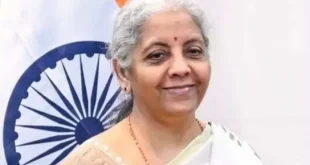
Traffic police: Many times when the traffic police stops people's vehicles, some people start questioning them, even showing off their influence. But do you know that the traffic police also have some rights which no one can question and neither should anyone do so because they also do their job, whether it is the hot afternoon of June or the shivering cold of January. Today we are going to tell you about their rights.
5 rights of the traffic police:
It is important to know what powers the traffic police have and what they do not have.
1. Stopping the vehicle and checking the documents:
Traffic police can stop any vehicle and ask the driver for driving license, vehicle registration, insurance certificate and pollution control certificate.
If you do not have these documents or they are not valid, the police can fine you or seize your vehicle.
2. Issuance of invoice:
If you violate traffic rules, the traffic police can issue you a challan.
The challan will contain details of the penalty amount and the date of payment.
If you do not pay the challan, you may be charged additional fines or legal action may be taken against you.
3. Challan for driving under the influence of alcohol or drugs:
If you are caught driving under the influence of alcohol or drugs, the traffic police can impose a heavy fine on you and even cancel your license.
You may also be arrested and subject to criminal charges.
4. Seizure of vehicle:
In some cases, the traffic police may seize your vehicle, such as:
If you are driving under the influence of alcohol or drugs.
If you are driving without a license.
If your vehicle has been modified illegally.
If your vehicle violates pollution standards.
5. Arrest:
For certain serious offences, such as speeding, reckless driving, or causing an accident while driving under the influence of alcohol, the traffic police can arrest you.
It is important to note that these powers may not be the same across India.
You should contact the traffic police in your area for more details about local laws and rules.
Memorization:
Be polite and respectful towards the traffic police.
Follow their instructions and answer their questions truthfully.
If you feel you have been treated unfairly, you can file a complaint.
 look news india
look news india

